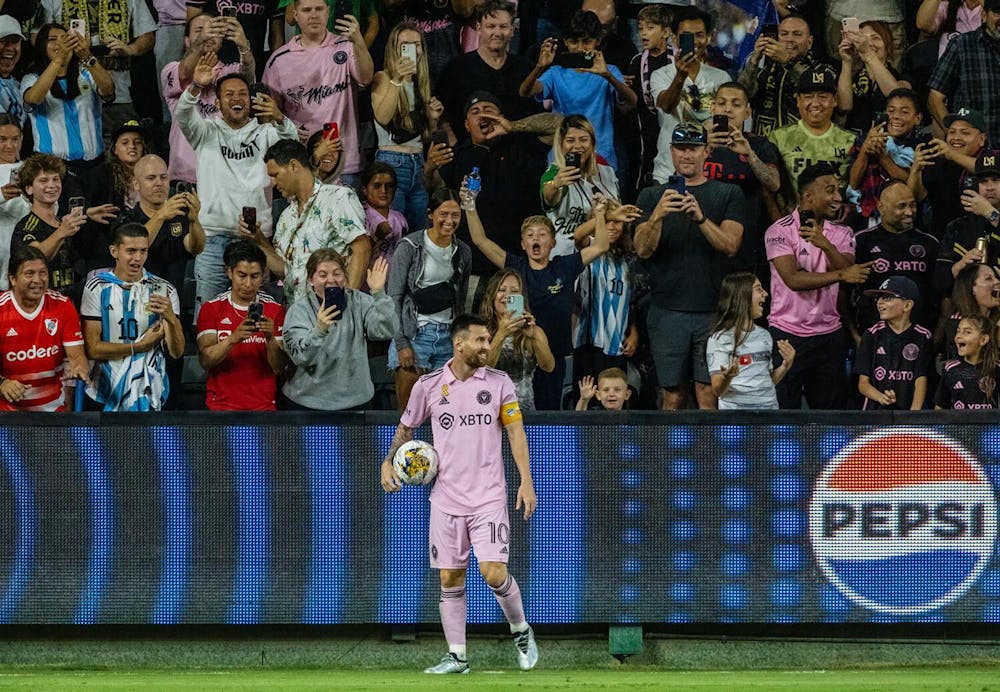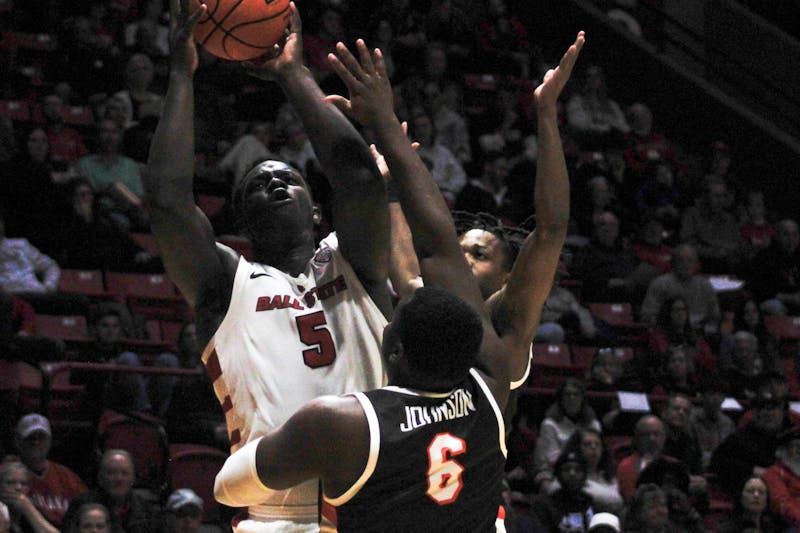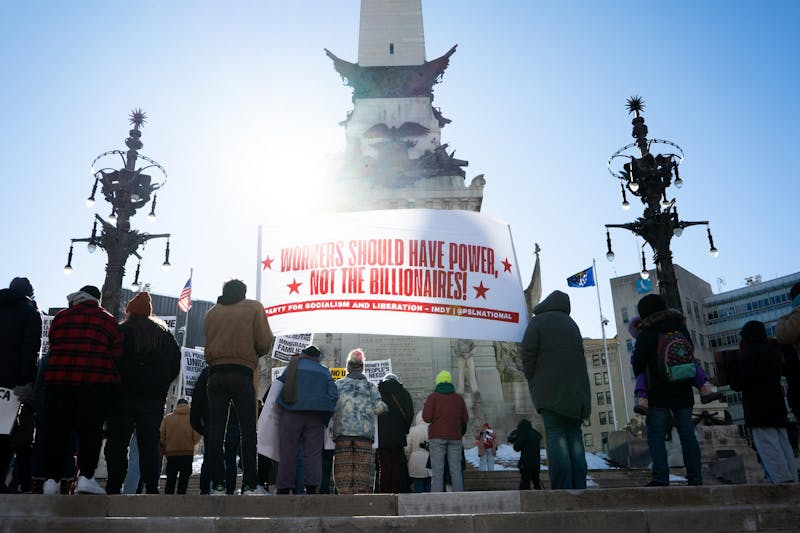Calvin Scott's views do not necessarily reflect those of the newspaper.
Major League Soccer (MLS) has been the epitome of the boredom that comes with the viewership of American professional sports. With the first season starting in 1996, the league has always been the last option on most people's minds as they channel surf to find something to watch on TV.
All until arguably the greatest soccer player of all time, Lionel Messi, signed a two-and-a-half year deal with one the league's newest teams, Inter Miami. Joining the club earlier this summer, Messi had just come off the highest achievement one can obtain in the sport by winning the FIFA World Cup for his home country of Argentina.
Messi made his debut for Miami in late August and even before then, the build-up to his first appearance was astronomical in various ways. Before he even took the pitch, his jersey was sold out everywhere you looked.
Not only has this been good for the MLS, but it's been good for other league partners and sponsors, such as Apple. Apple TV’s MLS Season Pass subscriptions from the last two months have more than doubled since the signing of Messi.
The initial revenue Apple received in the venture has accumulated to an amount initially predicted to reach in two to three years.
With this coming into play, the MLS now has a prime example of what could happen once they find a way to grab the world's attention with a big-name star. More and more companies now feel more comfortable making deals with the MLS since the results are right there in our faces.
Messi coming to the United States to play soccer has given the MLS a much greater global approach to the game, as teams have even come to Commissioner Don Garber with the proposition that all 29 teams should have grass in stadiums.

The notoriety of artificial turf in soccer is very strong on a global level, where it is even illegal in some countries to have the material in professional soccer stadiums, but on a national level, the use of artificial turf is often ignored, with 6 teams in the MLS using turf.
I’m not here to simply glorify Messi on what he is doing for American Soccer, I’m just acknowledging it. I’m not here to say Messi is more than a man and has more value than others because, trust me, he breathes the same air I breathe and bleeds the same blood I bleed. What I’m saying is his influence and impact on not just soccer but the world itself is far greater than anyone or anything that has ever had to do with the MLS.
For example, the Inter Miami Instagram account before Messi tagged along was at about 200,000 followers. Now, with Messi making his debut and winning the League Cup Final, the page is now at nearly 15 million followers.
American Soccer could finally have a chance to catch up to its global counterparts in the production of talent in the sport. Soccer player development isn't very prominent in the United States, whereas, in countries like Brazil and England, there are clubs for youth to start their training and, better yet, their career on a professional level.
Most kids from the United States who get to the point of being the “next big prodigy” don't even get to show their talents to the people of their country, such as national hero Christian Pulisic. Better known as “Captain America”, Pulisic started his youth career with Barkley Town, a club located in Northamptonshire, England.
It is truly a blessing for what Messi has done for the MLS. I would go so far as to say he has saved the life of American Soccer.
I believe he is going to inspire so many children across the United States to start their soccer journey and do all they can to make it big. And the new definition of such could even become the MLS.
Out of this whole journey, the most important words to takeaway are influence and impact.
Contact Calvin Scott with comments via email calvin.scott@bsu.edu or on X @CalvinAJScott.





The Daily News welcomes thoughtful discussion on all of our stories, but please keep comments civil and on-topic. Read our full guidelines here.